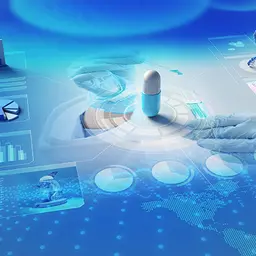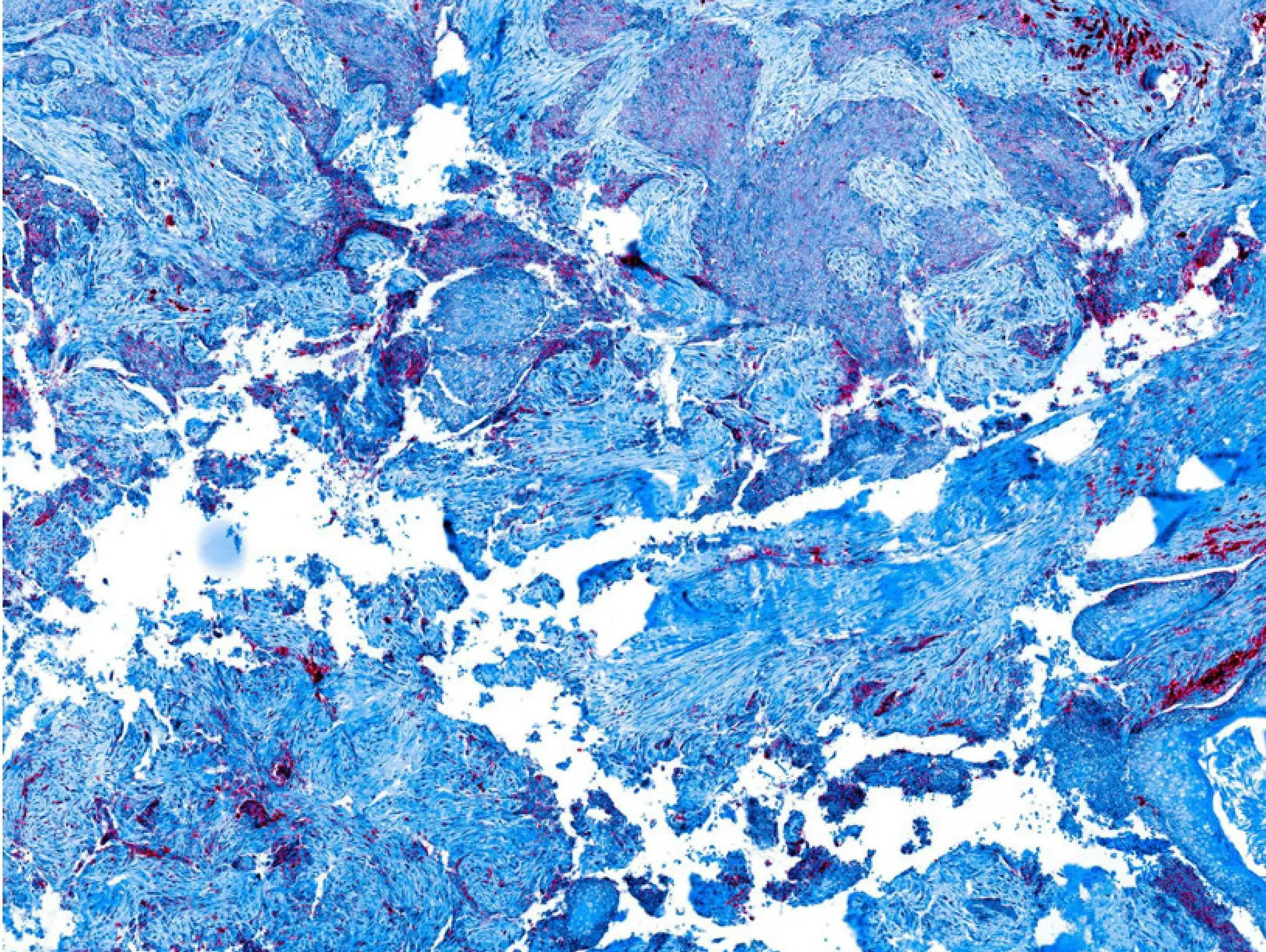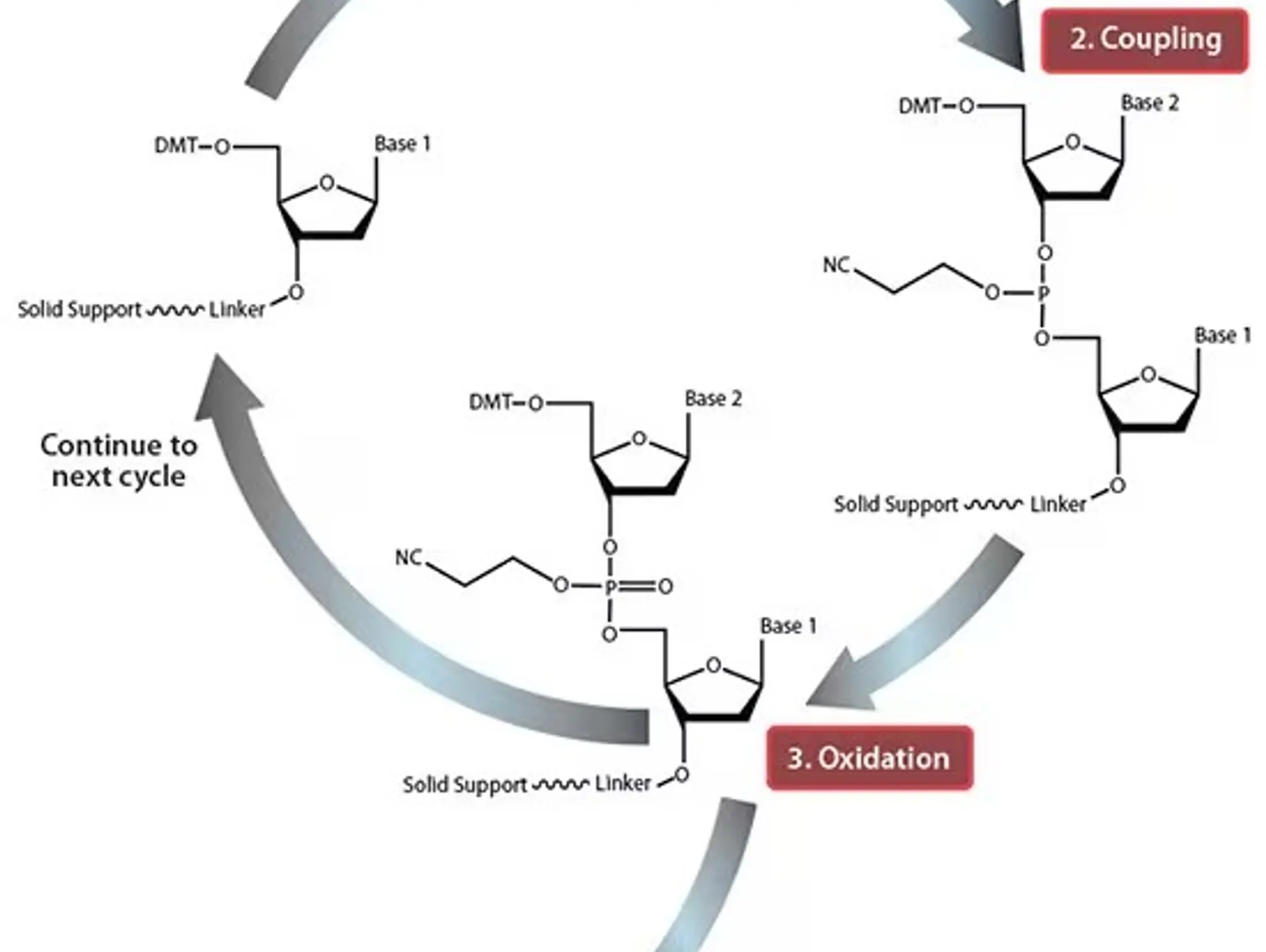
Discovery and Development
Innovations in pharmaceutical Discovery and Development Including Bioinformatics, Proteomics, Nanotechnology, Formulation and Recipients, Extractables and Leachables

What is single-stranded DNA and why is it a viable viral vector alternative?

How will innovative human-centred in vitro testing strategies contribute to accelerating the delivery of safer and more effective therapies to patients without, or with minimal, use of animal models?

Should viral clearance studies be required for genetically engineered viral vectors and viral vector-derived products?

How are recent advances in proteomics, such as artificial intelligence and machine learning, transforming drug discovery and development?

Computational drug discovery relies on two major approaches: ligand-based drug design and structure-based drug design. This article discusses the principles, techniques and applications of both methodologies, as well as a combined approach; providing insights into when to use each method and highlighting complementary insights provided by the two approaches

The pharma industry needs a way to ensure the right therapies are getting to the right patients, in a timely and cost-effective way. How are advances in researchers’ understanding of genomics aiding not only precision medicine for rare diseases, but also for common health conditions?

While RNA molecules have demonstrated promising results as therapeutics for difficult-to-treat disease indications, their current limitations in terms of delivery mean their full potential is not being realised. How can this be overcome?

The evolution of DNA sequencing – from Sanger to cutting-edge next generation approaches like Illumina, Nanopore and Single Molecule, Real-Time (PacBio) sequencing – has brought advances in speed, cost and accessibility. However, what challenges are faced in throughput scale-up, and what promise does automation hold for transforming genomics and personalised medicine?

The implementation of spatial technologies advances disease research, but challenges must be overcome before spatial multi-omics becomes broadly accessible

How is current spatial biology being utilised in drug discovery and development for complex disease treatments, and how can it be improved?

Cell line development is integral to research and biotherapeutic production, and so ensuring this process is as robust as possible through next-generation technology is in the industry’s best interests

Considering the importance and cost associated with oligonucleotide-based therapeutics, how can innovative computing imaging techniques be used to aid in the process, while also creating an audit trail and increasing the data derived from these experiments?